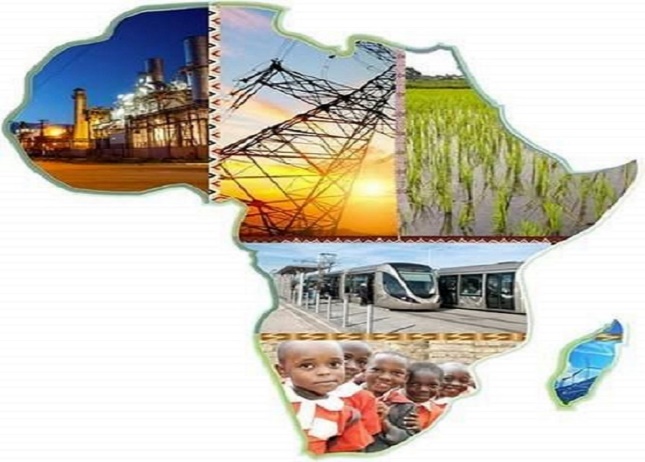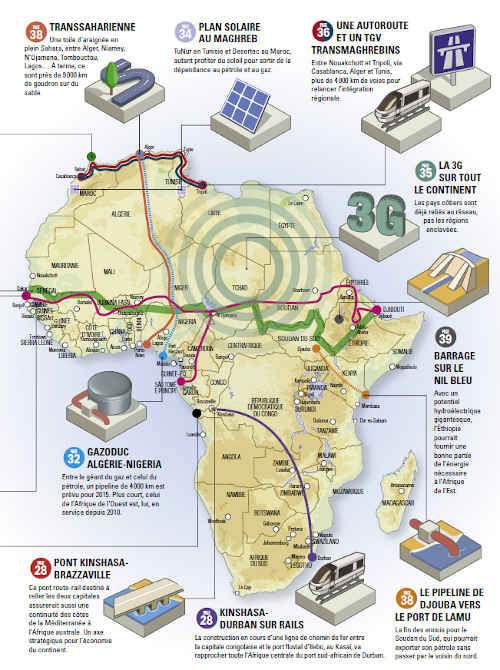

Written byRaymond Falschau
The development of African countries, especially in sub-Saharan Africa, involves investments and the implementation of structuring projects in key areas such as health, education, energy, transport, agriculture and telecommunications. While it is true that, since the wave of debt cancellation experienced by the continent at the beginning of the years 2000 has increased the number of projects being conducted, it is no less true that the expected success in many of those projects has not been achieved. This lack of success raises questions about the quality of the projects financed in terms of relevance and effectiveness. To answer these questions, it goes without saying that an overview of the dynamics of project management on the African continent is necessary.


Africa is well known to be a continent of strong cultural, community and relational ties.
It hardly lends itself to many of the Western administration models that are forced upon the management of many of these projects, a model which at first glance is governed by causal thinking. Thus, it is important to acknowledge that this context contributes, in many ways, to the mixed success of projects undertaken on the continent. This is to say that the management methods adopted for these tasks are not adapted to the cultural, socio-economic and political realities of the continent. This observed mixed success is also a result of the operational complexity of project management in Africa. This complexity is fuelled by the lack of mastery by local actors of project management principles and processes as well as a lack of expert knowledge of the African reality.
This scarcity of resources from this dilemma has impacted the determination of objectives among stakeholders and, above all, greatly influenced the operational planning of projects. Difficulties related to detailed strategic and operational planning had led to vagueness in the chain of authority, a lack of risk analysis, an inadequate monitoring and control framework in detecting and correcting potential problems. These seemingly technical problems are more a matter of political dynamics, as they greatly influence the scope of structuring projects, whether public or private. The choice of project determinants reflects political decisions and requires the full and implicit support of the project manager. Finally, because of their privileged position, project managers may have personal motivations that may be contrary to the project’s objectives.

In order to overcome these pitfalls and improve the success rate of projects, it goes without saying that the profession of project management must be professionalized and stakeholders must be supported even with political will if needed. Epsilon Eco, with its expert resources and knowledge of the African context, is an asset for the success of your projects. Epsilon Eco supports you in the development of your projects and especially through the key stages of its implementation. Epsilon Eco also carries out training activities that are aimed to prepare project managers and stakeholders to better manage projects by adopting international management standards adapted to the African context.

Written byRaymond Falschau
Similar Articles
Similar
No Results Found
The page you requested could not be found. Try refining your search, or use the navigation above to locate the post.





0 Comments